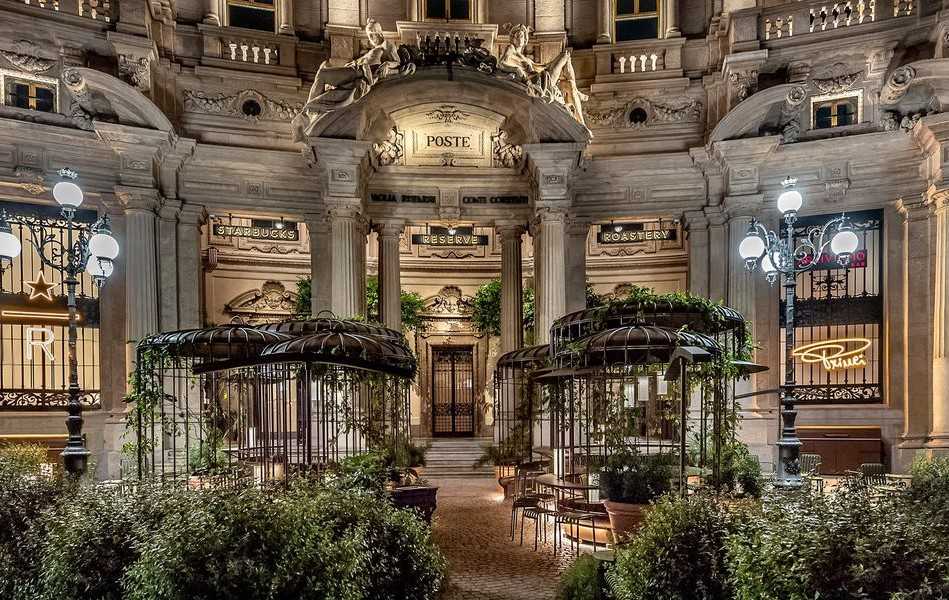MILAN, Italy — Coffee, a cosmopolitan product that travels the world, and has been adapted to all kinds of different consumer needs and lifestyles, really is conquering the world. Under the banner of quality. And even in a traditional market like Italy, as firms operating in the sector now tell us.
They describe a big desire to try out rituals and preparations that go beyond the basic espresso, paying attention to details and to personalisation, learning about the entire production chain and sampling it as a genuine and truly special sensorial event.
“As you travel around the world you find many coffee shop formats selling different types of coffee prepared in a wide variety of ways,” explains Simona Colombo, group marketing and communications director of the leading coffee machine manufacturer Gruppo Cimbali.
“But things have also been changing in Italy in recent years: more and more attention is being paid to the countries of origin, to ways of making the perfect cup of coffee. This has led on the one hand to café and bar owners and their baristas doing more in the way of professional development and seeking out equipment and coffee beans that will make even better beverages, and give a wider range of choice to consumers who are becoming increasingly inquisitive and demanding.
The opening of Starbucks in Milan has undoubtedly focused more attention on coffee: it is a new format for our country which, together with the arrival of micro-roasting concerns and coffee shops, is raising awareness of a new culture in the world of coffee and is bringing Italian cafés more into line with international trends.”
And this enthusiasm is now also spilling over into the wider catering sector. “It’s all about developing a coffee culture, to learn all about the various features, and how our machines and grinder-dosers play a fundamental role in the quality we can find in a cup of coffee or other drink made from espresso coffee.”
“Today everyone is talking about specialty, but we were the first in Italy back in 2014 to create a dedicated coffee range and to believe in this world that is now on everyone’s lips but which still has a long way to go before it achieves its full potential, as it has in other European countries,” says Patrick Hoffer, president of Corsino Corsini.
“This enables us to talk about coffee growers, countries of origin and everything that happens to coffee beans. Then there are all the new ways of consuming the beverage, ways that nearly all advanced cafés now offer. At Host2019 we will be presenting Nitro Coffee, a kind of coffee that is cold brewed and infused with nitrogen gas.”
So how are baristas reacting to it? “Young Italian baristas are ever more inquisitive, they want to experiment and try out new things, so they seek ways of improving quality. They realise that the world around them is changing and they want to try new things.
And customers are inquisitive too. It is us the roasters and baristas who have accustomed them to drinking coffee in a certain way, so it is up to us to redirect them towards another type of consumption.”
“The world of specialty coffee has exploded in the last five years. Today there are about 100 establishments and that is a drop in the ocean if we think about the total number of bars in Italy. But many of these are starting to serve quality coffee, with two or three types on offer. The problem, if anything, is that many make specialty coffees more for passion than for profit,” says consultant and instructor Dario Ciarlantini. So is specialty coffee not a profitable business?
“You might not see the advantages straight away, but if you serve excellent coffee you will attract a certain kind of clientele, people who care about quality, and who will buy not just coffee but other products like pastries, wines and spirits as well. So coffee puts a certain slant on your locale but that alone is not enough. You have to add products and services to cover all the other moments of the day too.”















